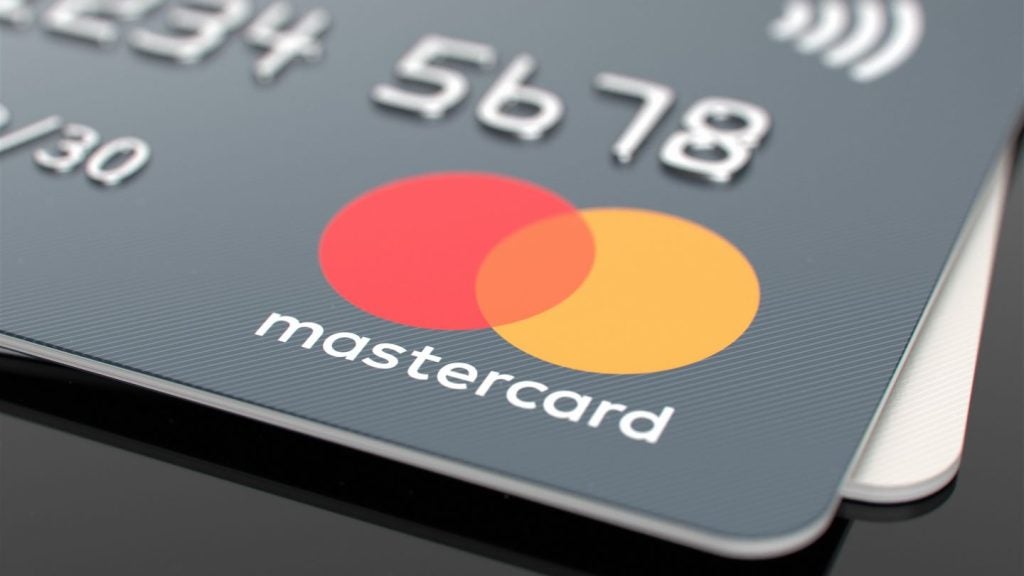The last decade or two saw numerous banks exit the merchant acquiring space, after selling their merchant business or outsourcing it to fintech and payment specialist companies. But now we are seeing merchant acquiring once again become a strategic focus for banks. However, banks making that return face a substantial challenge in matching the innovation, dynamism and investment levels of fintechs, and may need a partner to ensure that they benefit from what is predicted to be a $100bn market by the end of 2027.
Why return to merchant acquiring?
Banks have traditionally focused their attention on the issuing side of payment transactions due to its profitability, formerly perceiving the acquiring side of the business as a general, non-strategic service. For example, in 2009 HSBC sold a stake in its merchant acquiring business to a payment technology company, before it was sold off in its entirety in 2012. At the time many banks hosted outdated acquiring systems and the ongoing need to invest in newer digital and more disruptive platform technologies was deemed by many banks to be impractical and unprofitable. Of course, the demand of merchants to provide payment acceptance services did not stop, so others stepped in to fill the gap.
How well do you really know your competitors?
Access the most comprehensive Company Profiles on the market, powered by GlobalData. Save hours of research. Gain competitive edge.

Thank you!
Your download email will arrive shortly
Not ready to buy yet? Download a free sample
We are confident about the unique quality of our Company Profiles. However, we want you to make the most beneficial decision for your business, so we offer a free sample that you can download by submitting the below form
By GlobalDataAs a result, the merchant acquiring space today is hypercompetitive, with new players aggressively looking to disrupt and diversify their relationship and revenue streams with merchants. Merchants are also increasingly demanding more from their acquirers, seeking payment services that are omnichannel-first, data-rich, and fully integrated with their in-store services.
That doesn’t mean merchant acquiring doesn’t have the potential to be lucrative for banks however. Aside from providing additional revenue streams for banks, re-entering the merchant acquiring space can provide them with real-time data and insights on their clients. In turn, this can help banks to better understand customer needs and perhaps help identify opportunities to cross-sell other financial products or services to the client.
For some banks, acquiring capabilities will also allow them to deepen their relationships with the customers and verticals they already serve by becoming a one-stop-shop for payments and banking services. The move may also attract entirely new and non-traditional business customers who may otherwise feel underserved.
Reaching new industry standards
The merchant acquiring market has changed. We know that customer preference for value-added services and omnichannel experiences opened the acquiring space to smaller and more agile and innovative fintechs, independent software vendors (ISVs) and even vertical SaaS.
The acquiring value chain has been truly disrupted and banks that are re-entering the space have much to catch up with. As the payment landscape evolves and requires significant and near-constant investment, banks may find it beneficial to outsource the development of their acquiring needs to a partner that enables them to compete successfully and effectively.
Partnering with payment technology players or adopting Acquiring as a Service (AQaaS) solutions can help de-risk banks, transforming their offering to stand out to merchants. In fact, NatWest and Royal Bank of Scotland both made a return to the space in 2019 by building out a merchant acquiring proposition for SMEs through such partnerships. Even Barclaycard, Europe’s second largest merchant acquirer, felt compelled to review its merchant acquiring business to see if it should be expanded or combined with other providers.
The outsourcing of merchant acquiring services can help banks that are looking to re-enter the payment acceptance space to get to market faster. AQaaS can help simplify and future proof the (return) journey to merchant acquiring.
The move to AQaaS also removes the stress banks previously faced of costly and ongoing compliance and maintenance, reducing the level of operational resource and investment required.
While there is some level of pressure to play catch up and address technological challenges, banks can still play an enhanced role in the lucrative merchant acquiring market. But they don’t have to go it alone. For those re-entering the space, there is the opportunity to work with disruptors and innovators that will help improve the customers’ experience, rather than compete against them.
John Power is Senior Vice President, Global Acquirer Processing at Fiserv










Related Company Profiles
HSBC Holdings Plc
NatWest Group Plc
Fiserv Inc